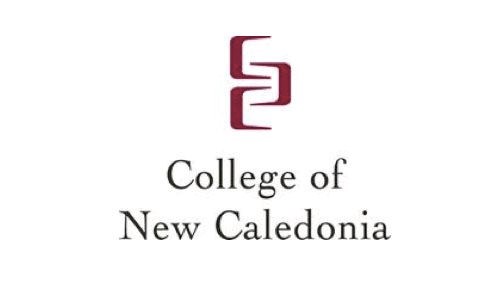The College of New Caledonia is close to signing two 10-year agreements with institutions in India to offer skills training in health care and offshore oil and gas.
CNC president Henry Reiser returned late last week from his trip and said depending on the success of its new online project - known as the Digital Delivery Initiative - and curriculum development, the college could be teaching Indian students next fall.
"There's potentially 50,000 students in each of the Memorandums of Understanding," he said, which should be signed this summer with Max Health Care in Delhi and Meridian School of Oil and Gas in Chennai. The hope is to see about 5,000 students each year from each of the schools.
Reiser said he expects faculty will meet with the partners to discuss training options either this fall or early 2016.
"The idea then is that what we're trying to do is look at a mechanism where we can deliver in India using our digital delivery method which we're in the process of developing and piloting."
It will be piloted in Quesnel in September, with plans to roll it out in a First Nation community before being offered at all campuses. In March, the college received a $250,000 donation from Northern Gateway and $150,000 from TransCanada for the online program.
The agreements with Max Health and Meridian don't include any financial commitment and Reiser said he can't yet talk about a projected value for the partnerships.
"We are investing by doing all of the up-front training but where we will capitalize as an institution will be on what we are able to collect from tuition from students," said Reiser, who has been going to India since 2010 on a number of missions.
CNC currently has about 350 international students, he said, which could double, but the bulk of that tuition would come from teaching students in India.
"We're trying to meet the needs of the lower and middle and lower classes in India to help them acquire these skills."
Reiser said the college has a "rich history" with international education offerings (it already has strong ties in China), but it has been more of a focus in recent years as one solution to address years of deficit.
"In order to mitigate further deficits, we are just being more entrepreneurial."
Reiser highlighted the offshore training as one example.
"Nobody is doing the offshore curriculum and we are going to be developing that from scratch," he said, describing it as "the process of cleaning the oil or gas that's being extracted offshore and then being shipped to the appropriate markets.
"It's a fairly interesting opportunity and we have a great deal of expertise in a host of the constituent parts of the program. For example welding, fitting, and design," he said.
India is a good partner he added, because English is a common language and the Canadian government has already committed to fostering a partnership with the country.
"Canada was invited (to India) because we have a proven track record in the areas of developing curriculum that industry wants," Reiser said, adding the country is known for such demand-driven curriculum as opposed to supply-driven curriculum more common in India.
The college will likely also help with teacher training, curriculum development and even issues around governance.



